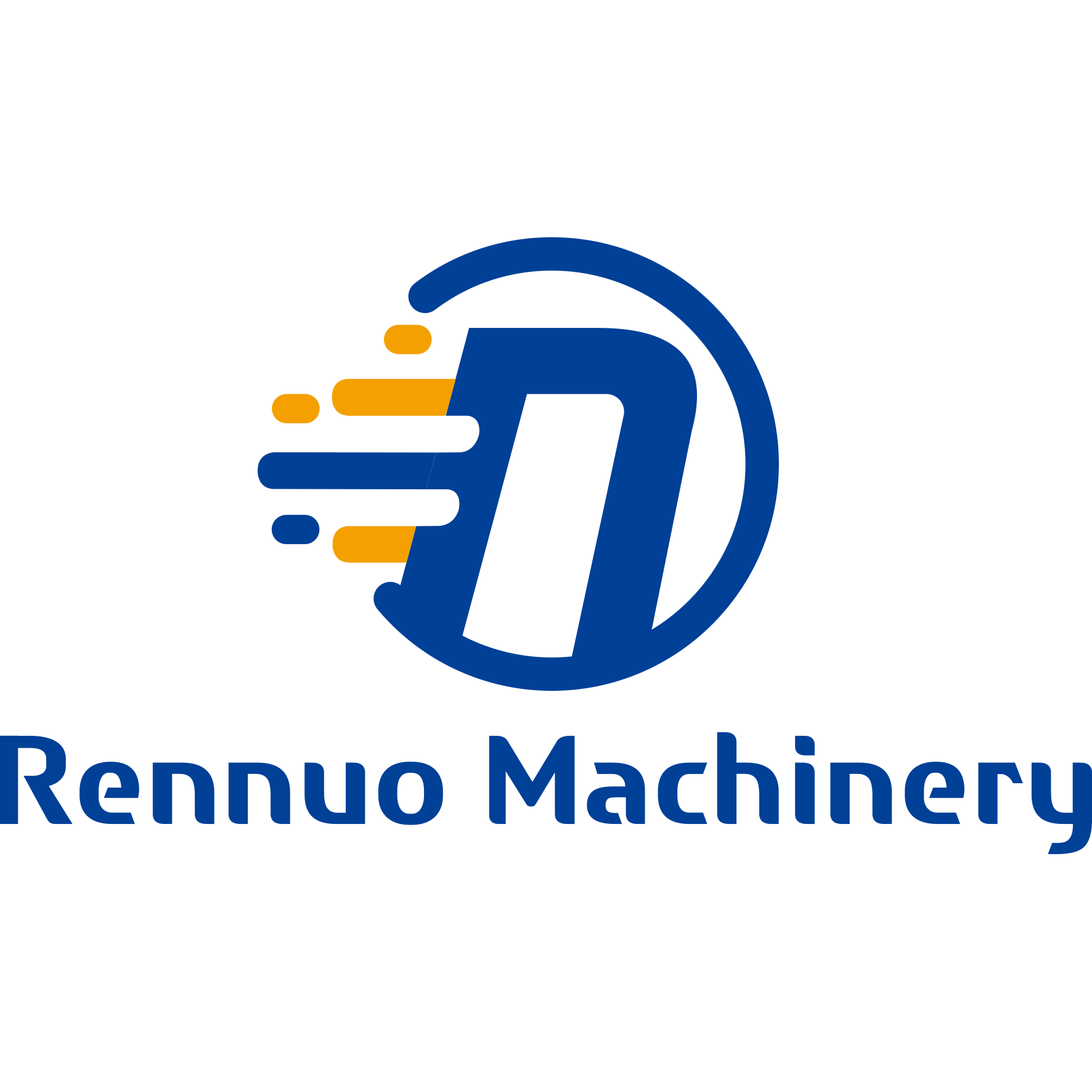Selecting the appropriate construction equipment is crucial for ensuring efficiency, safety, and cost-effectiveness in any project. The right machinery can enhance productivity, reduce downtime, and minimize operational costs. However, with various types of equipment available, making the best choice requires careful consideration of multiple factors.
1. Understand Project Requirements
Before selecting equipment, assess the project’s scope, scale, and specific needs. Key questions include:
- What type of work is being performed (excavation, lifting, material handling, etc.)?
- What are the project’s duration and working conditions (terrain, weather, space constraints)?
- What are the required load capacity, reach, and precision?
For example, a large-scale earthmoving project may require excavators or bulldozers, while a high-rise construction site might need cranes and concrete pumps.
2. Evaluate Equipment Performance and Specifications
Different machines have varying capabilities, such as engine power, hydraulic efficiency, and fuel consumption. Compare specifications like:
- Operating weight – Ensures stability and safety.
- Engine power – Affects performance in heavy-duty tasks.
- Fuel efficiency – Impacts long-term operational costs.
- Attachments & versatility – Some machines support multiple functions (e.g., excavators with grapples or breakers).
3. Consider the Work Environment
The jobsite conditions greatly influence equipment selection:
- Terrain – Rough terrain demands tracked vehicles (e.g., crawler excavators), while flat surfaces may allow wheeled loaders.
- Space limitations – Compact equipment (e.g., mini excavators) is ideal for urban construction.
- Climate – Extreme temperatures or wet conditions may require specialized machinery.
4. Analyze Cost Factors
Budget constraints play a significant role in decision-making. Consider:
- Purchase vs. Rental – Short-term projects may benefit from renting, while long-term use justifies buying.
- Maintenance & Operational Costs – High-tech machines may have higher upfront costs but lower fuel and repair expenses.
- Resale Value – Some brands retain better resale value over time.
5. Prioritize Safety and Operator Comfort
Modern equipment with advanced safety features (e.g., rollover protection, cameras, alarms) reduces accident risks. Operator-friendly designs (ergonomic controls, climate-controlled cabins) also improve productivity.
6. Check Availability of Support Services
Ensure that spare parts, maintenance services, and technical support are accessible for the chosen equipment. Reliable dealer networks and warranty terms can prevent costly delays.
7. Stay Updated with Technology Trends
Automation, GPS-guided machinery, and electric-powered equipment are transforming the industry. Investing in advanced technology can enhance precision and sustainability.
Conclusion
Choosing the right construction equipment involves balancing project needs, performance, cost, and environmental factors. By conducting thorough research and consulting industry experts, contractors can optimize their fleet for maximum efficiency and profitability. Proper selection not only improves project outcomes but also extends equipment lifespan, ensuring long-term success in the construction industry.
Welcome to contact us
https://www.global-usedexcavator.com
WA/Wechat +8618256582180

